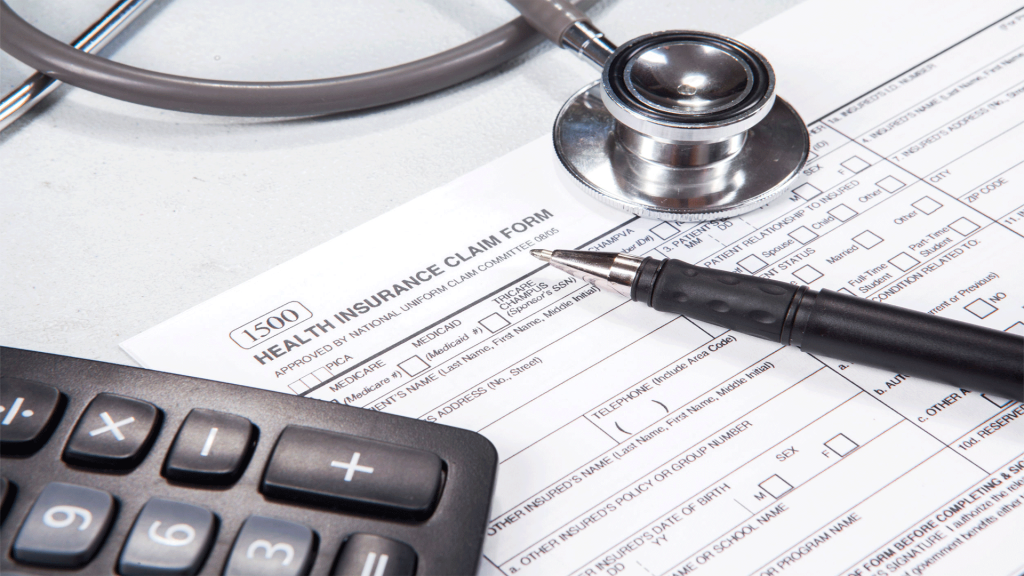Medical billing and coding programs are essential for individuals looking to pursue a career in the healthcare industry. These programs provide students with the knowledge and skills needed to accurately code and bill for medical services, ensuring that healthcare providers receive proper reimbursement for their services. In this article, we will explore the importance of medical billing and coding programs, the benefits they offer, and some practical tips for those considering a career in this field.
**Introduction to Medical Billing & Coding Programs:**
Medical billing and coding are vital components of the healthcare industry, as they help ensure that healthcare providers receive payment for the services they provide to patients. Medical billing involves submitting claims to insurance companies and other payers, while medical coding involves assigning specific codes to diagnoses and procedures for billing purposes.
To become a medical biller or coder, individuals must undergo training in medical billing and coding programs. These programs are offered by vocational schools, community colleges, and online institutions and typically take one to two years to complete. Students learn about medical terminology, anatomy, physiology, healthcare laws and regulations, and coding systems such as ICD-10 and CPT.
**Benefits of Medical Billing & Coding Programs:**
There are several benefits to enrolling in a medical billing and coding program. Some of these include:
1. High Demand: The healthcare industry is growing rapidly, leading to an increased demand for qualified medical billers and coders.
2. Job Security: Medical billing and coding professionals are essential to the functioning of healthcare facilities, providing job security in a stable industry.
3. Flexible Work Options: Medical billers and coders can work in a variety of settings, including hospitals, physician offices, and insurance companies, and often have the option to work remotely.
4. Competitive Salary: Qualified medical billers and coders can earn competitive salaries, with opportunities for advancement and specialization.
**Practical Tips for Success:**
For individuals considering a career in medical billing and coding, here are some practical tips to help you succeed in this field:
1. Obtain Certification: Many employers prefer to hire certified medical billers and coders, so consider obtaining certification through organizations such as the AAPC or AHIMA.
2. Gain Experience: Consider completing an internship or gaining practical experience in a healthcare setting to enhance your skills and knowledge.
3. Stay Current: The healthcare industry is constantly evolving, so stay updated on changes in healthcare laws, regulations, and coding systems to ensure accuracy in your work.
**Case Study:**
Jennifer completed a medical billing and coding program at her local community college and obtained certification through the AAPC. She secured a remote billing position with a large healthcare organization and quickly advanced in her career, earning a competitive salary and enjoying the flexibility of working from home.
medical billing and coding programs are essential for individuals looking to pursue a rewarding career in the healthcare industry. These programs provide the knowledge and skills needed to succeed in this field, offering job security, competitive salaries, and flexible work options. By following practical tips and staying current in the industry, aspiring medical billers and coders can achieve success and make a positive impact in the healthcare field.



